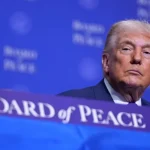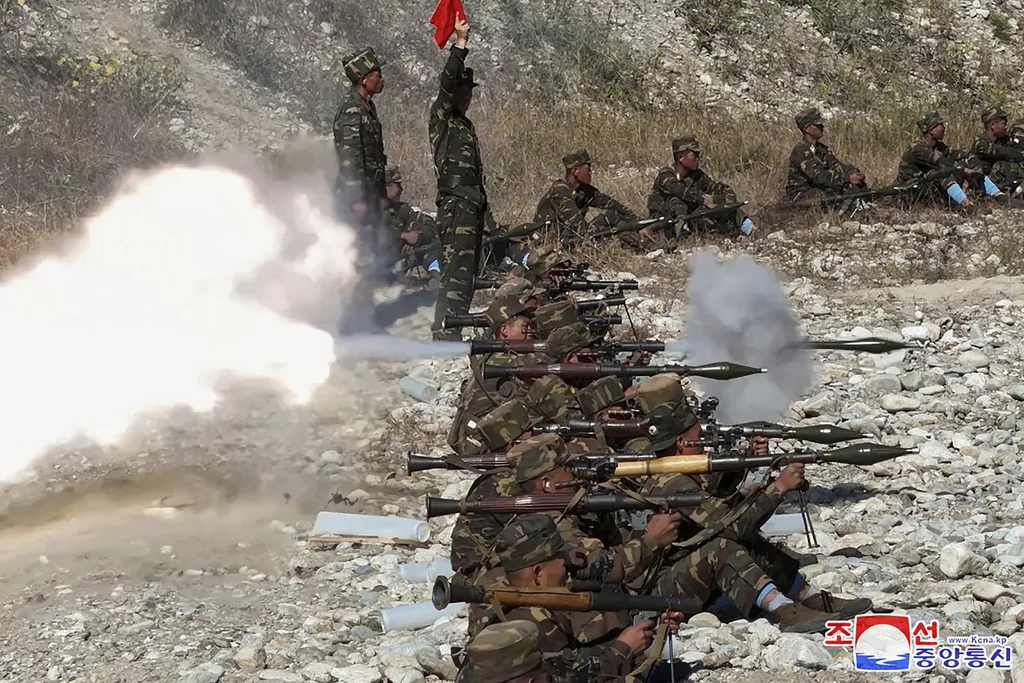
As North Korea inches ever closer to joining Russia‘s ongoing invasion of Ukraine, the Chinese government seems to be experiencing a moment of sober reflection about their choice of friends.
Approximately 8,000 Korean People’s Army personnel are expected to soon enter combat in the Kursk region currently occupied by the Ukrainian military, U.S. defense officials believe.
Secretary of Defense Lloyd Austin asserts that the soldiers are being outfitted with Russian uniforms and weapons in order to obscure their cooperation — a sign that both countries are aware North Korea’s entry into the conflict could spark a sense of urgency in the international community if an outside power becomes involved.

If any country could be expected to approve of this joint military operation, it would be China — the current third musketeer of geopolitical disruption in Asia.
However, the Chinese Communist Party has been hesitant to get involved.
When asked for comment during a press conference on Friday, Chinese Foreign Ministry Spokesman Lin Jian distanced Beijing from the decisions of North Korea and Russia.
“We have noted some reports related to this and responses from various parties recently. The DPRK and Russia are two independent sovereign states, and how to develop bilateral relations is a matter for themselves,” Jian told the press. “China is not aware of the specifics of bilateral exchanges and cooperation between the DPRK and Russia.”
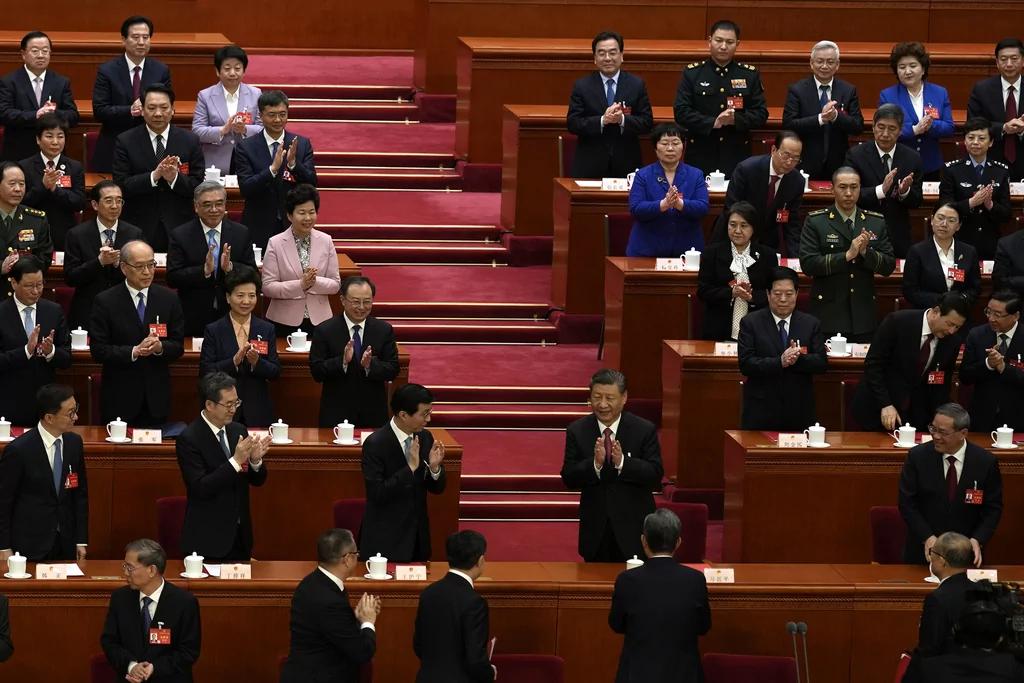
He reiterated the Chinese government’s position on the Russia-Ukraine conflict, saying that the country “hopes that parties will work to ease tensions and remain committed to the political settlement of the Ukraine crisis” without further details.
This comment came just a day after U.S. Secretary of State Antony Blinken announced they have been in contact with their Chinese counterparts to discuss the matter.
“I think they know well the concerns that we have and the expectations that, both in word and deed, they’ll use the influence that they have to work to curb these activities,” Blinken said in a press conference with South Korean leaders on Thursday.
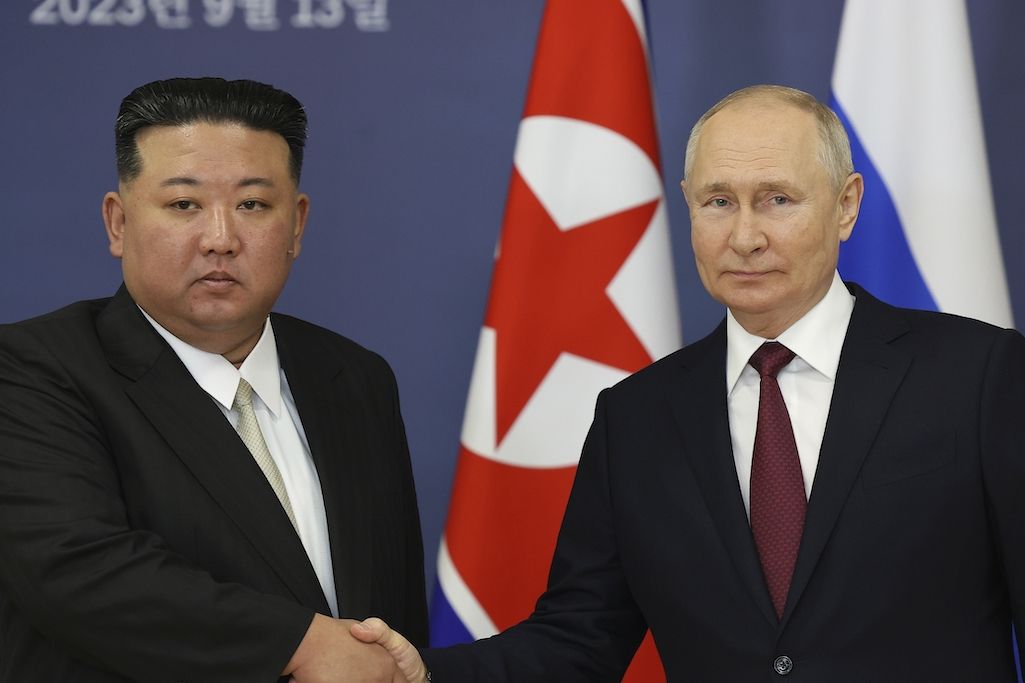
Ukrainian President Volodymyr Zelensky expressed shock at at China’s “silence” during a wide-ranging national security update published to social media Thursday.
“North Korea’s actions aren’t random; they have strategic goals. I’m surprised by China’s silence,” the Ukrainian president wrote. “I can’t say that China is on our side, but as a regional security guarantor, its silence is striking.”
A long series of back-and-forth state visits by President Xi Jinping, Russian President Vladimir Putin, and North Korean Supreme Leader Kim Jong Un over the past few years has postured the trio as a rising military coalition.
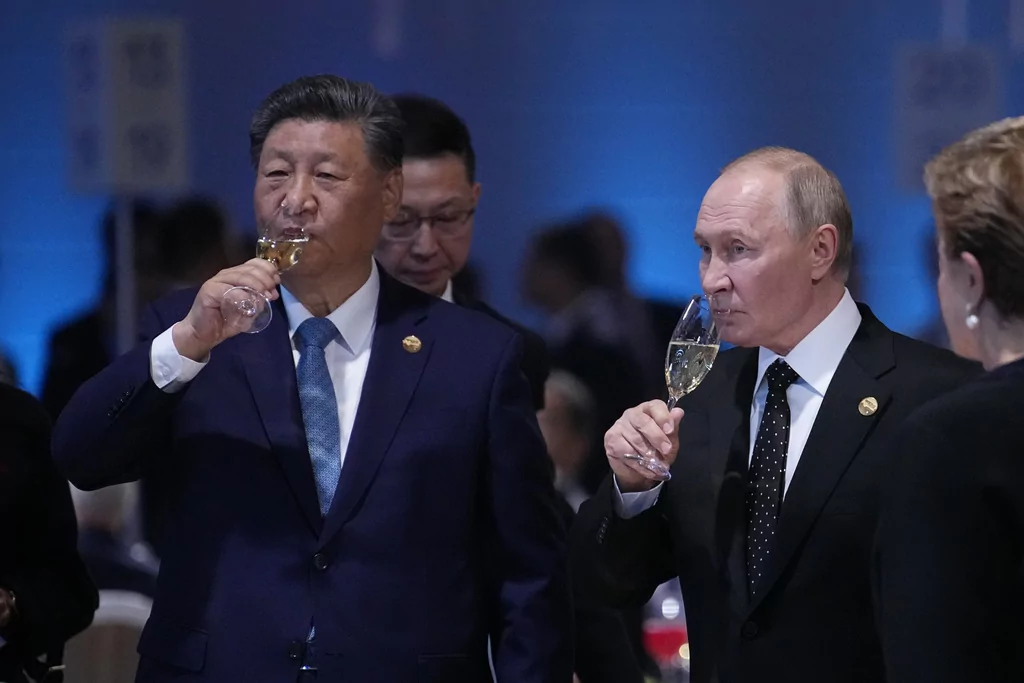
Kim, a cautious leader normally adverse to leaving his hermit kingdom, traveled by train to Beijing for a rare state visit with Xi in January 2019, ahead of his meeting with then-President Donald Trump the next month. Xi reciprocated that summer with the first visit of a Chinese paramount leader to North Korea in over 14 years.
Putin has visited China annually since the beginning of the invasion of Ukraine in 2022. Xi visited Putin in 2023, where he signed a joint agreement for expanding cooperation between the two countries. He also attended the 16th annual BRICS summit in Russia in October of this year.
Kim also made diplomatic trips to Russia in 2019 and 2023 — a show of loyalty that Putin rewarded with one of the very few state visits by a foreign leader to North Korea in 2024, where the two dictators were photographed laughing and toying around in luxury cars for state media.
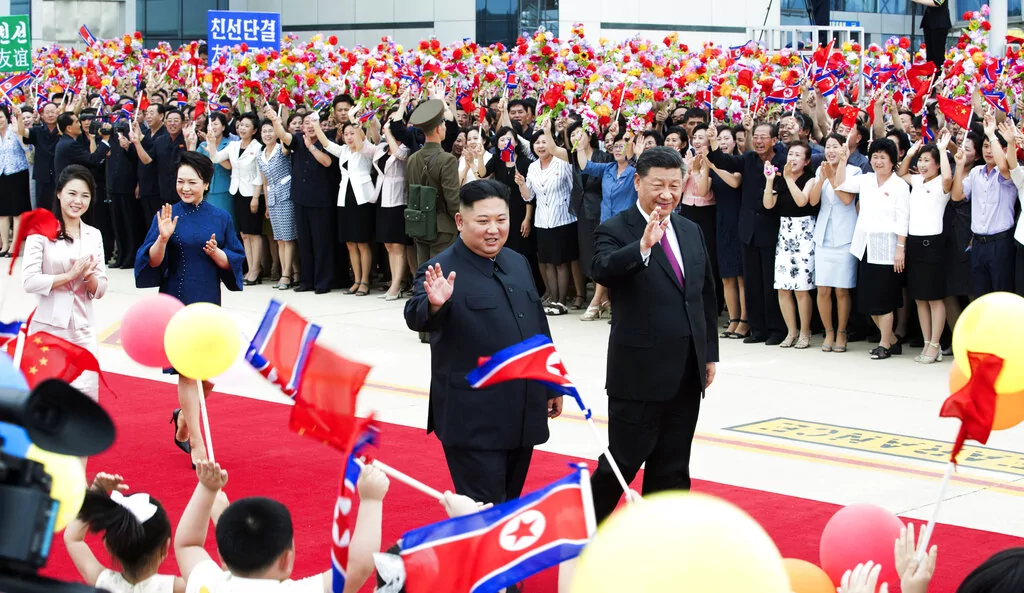
Following Russia’s initial incursions into Ukraine in early 2022, China took a policy of neither supporting nor condemning Putin’s decision. Chinese Communist Party leaders have consistently pushed boilerplate calls for peace and made offers to facilitate such negotiations.
China’s political proximity to Russia has made these gestures both suspect and valuable to Ukraine.
Zelensky stated in a May interview that he would like Chinese involvement in peace negotiations because Xi’s voice would hold sway with Putin. This openness was complicated when Ukraine then accused China of pressuring other countries not to attend a June peace conference organized in Switzerland.
CLICK HERE TO READ MORE FROM THE WASHINGTON EXAMINER
The Ukrainian president on Thursday floated the idea of an “Asian Security Alliance” — a hypothetical coalition of Japan, South Korea, and China that would curb North Korea and keep the East Asian region stable.
“Both Japan and South Korea are strong, civilized nations, and reaching out to China could be essential in countering North Korea’s aggression, as North Korea is actively pulling that region into a war,” Zelensky said. “Their actions aren’t coincidental — they want Russia’s support in return.”
Dialogue already exists between the countries through their annual China–Japan–South Korea trilateral summit, which last met in May of this month. But Zelensky’s proposed alliance is still an unlikely aspiration due to long-standing political tensions among all three members.



